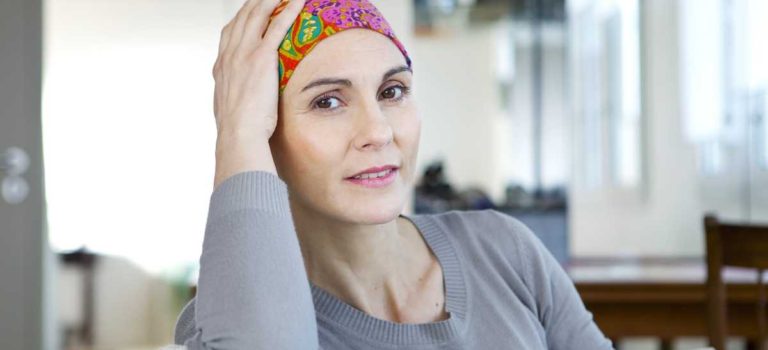The following post is written by Robin Maggio, oncology social worker with Woman’s Hospital.
One common emotional effect we see with women who have been diagnosed with cancer or are going through cancer treatment is a sense that they have lost control of their lives.
A lot of our ladies are the ones who are used to being in charge. They are the ones who run households, the managers on the jobs, the principals in the schools. They take these roles because they have the personalities of leaders, and for them to have to even think about having other people take care of them is kind of scary.
They are asked to sit in a chair and let us put things in their body without knowing how they’re going to react to them. Then, for a lot of them, they must go home and have others take care of them. When you’re used to being the one in control, being dependent on others can be frightening.
I always ask my patients, “How do you think you’re going to handle that? How easy will it be to give up your control, even if it is temporarily, in order to get better?” I also try to remind them that allowing other people to help is not a weakness — it’s a strength.
I like to look at helping others like it’s a bank account. Our patients have been making deposits their entire life on helping other people. They have this huge balance, and now they have to make a withdrawal.
By the end of this they’re still going to have a big balance of goodwill, but it’s important to let other people be a part of their journey by providing some assistance, whether it’s bringing food, cleaning, bringing them to doctors appointments or just visiting. Just understanding that it’s, “You help me, I help you.”
Also, if you’ve helped other people, you know how good it feels. It’s not very fair to deprive other people of that feeling when they’re helping you.
We want our patients to understand that we’re in this cancer fight together. It’s not something they have to go through by themselves.
The biggest thing with a lot of our ladies is they just don’t want to be a burden to anybody. We’re helping them to see that taking care of somebody you love and care about is not a burden. Sometimes it can be a way to pay somebody back.

